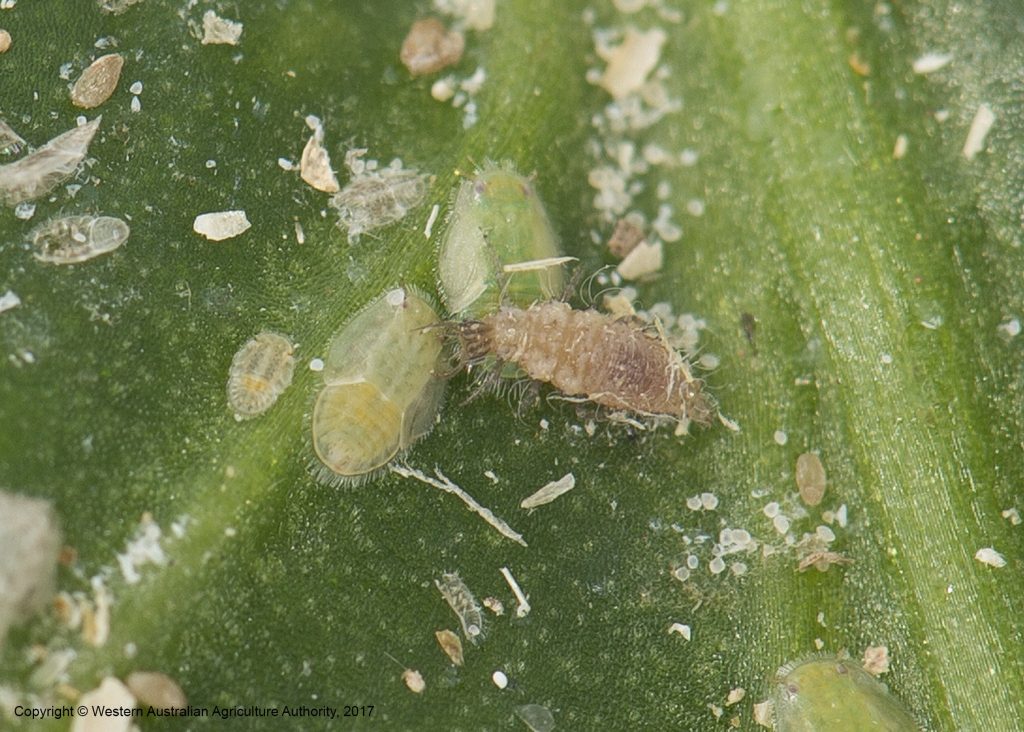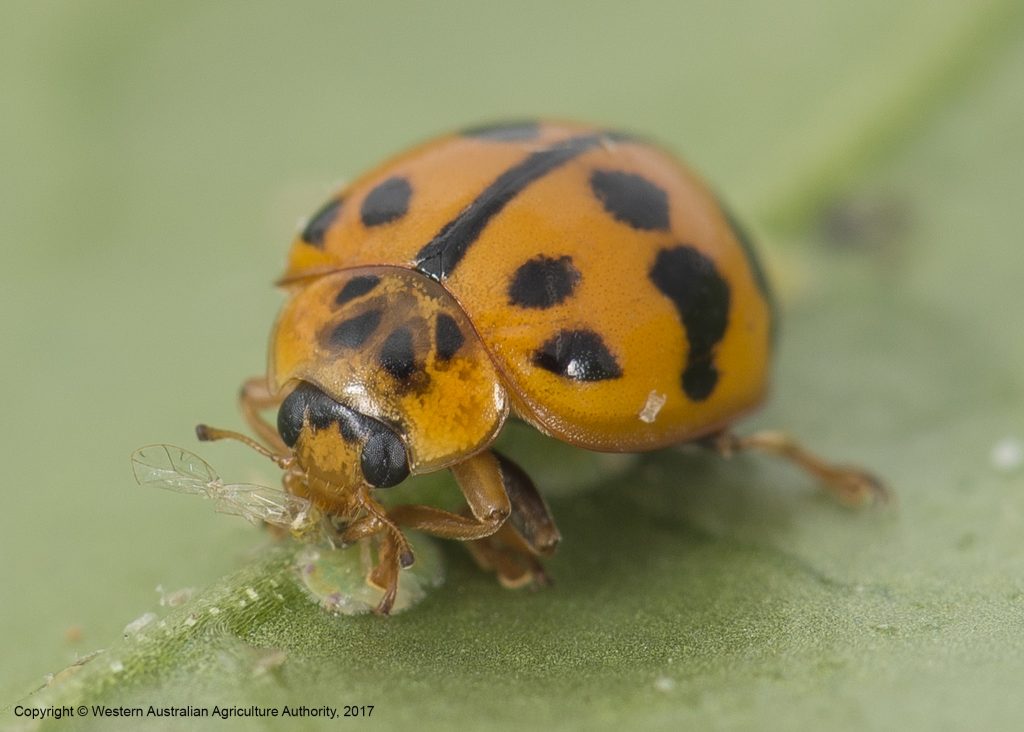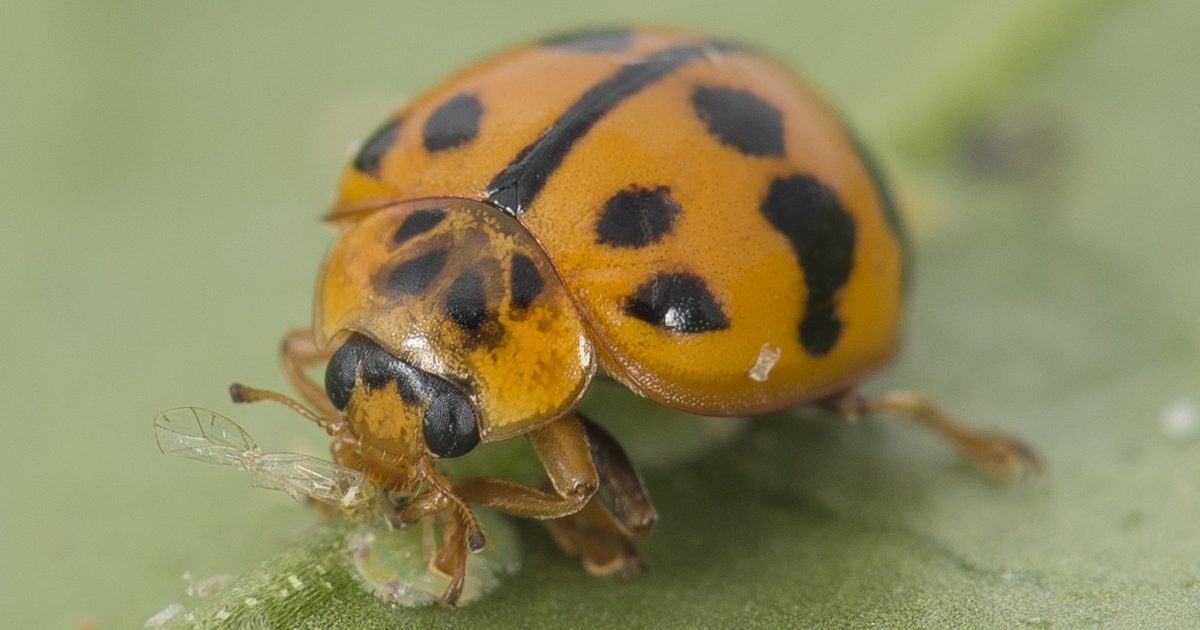Signs are positive for future control options for the horticultural insect pest tomato potato psyllid (Bactericera cockerelli) as a result of research by the Department of Primary Industries and Regional Development.
In September 2017, the department commenced a nine month period of research to improve the understanding about tomato potato psyllid (TPP) control options and improve the capacity of growers to manage the pest.

Acting Chief Plant Biosecurity Officer Sonya Broughton said research activities undertaken to date included laboratory and glasshouse trials on the performance of insecticides and biological control agents on TPP.
“The glasshouse trials aim to determine the effectiveness of up to 14 insecticides and six biological control agents,” Dr Broughton said.
“Preliminary results from the glasshouse trials indicate that pymetrozine is not effective in controlling TPP while abamectin is very effective, which is in keeping with research results from New Zealand, where TPP has established,” she said.
“This could be due in part to the TPP biotype found in Western Australia being the same as that in New Zealand.
“Cyantraniliprole, flocinamid and spirotetramat treatments were also effective.
“At the conclusion of the insecticide trials, we will determine whether the active ingredients for TPP control are registered for use in the crops they’re required for and if not, how we can address this.”
The six species of biological control agents being used in the integrated pest management aspect of the trial are all generalist predators.

“A ladybird species (Harmonia octomaculata) performed well in the laboratory whilst the mirid bug was most effective in controlling TPP in glasshouse trials,” Dr Broughton said.
“These results indicate more research is required to determine the most suitable biological control agents for TPP in different crops and growing conditions.”
At the completion of the research and development program in May 2018, research results from the complete insecticide and biological control trials will be published online and in industry publications. Industry information sessions will also be held.
Research and development led by the department is part of a nationally-agreed TPP transition to management plan which aims to develop the science, biosecurity and business systems to support growers and industry to manage TPP.
The plan is funded by Australian and state governments, and industry.


